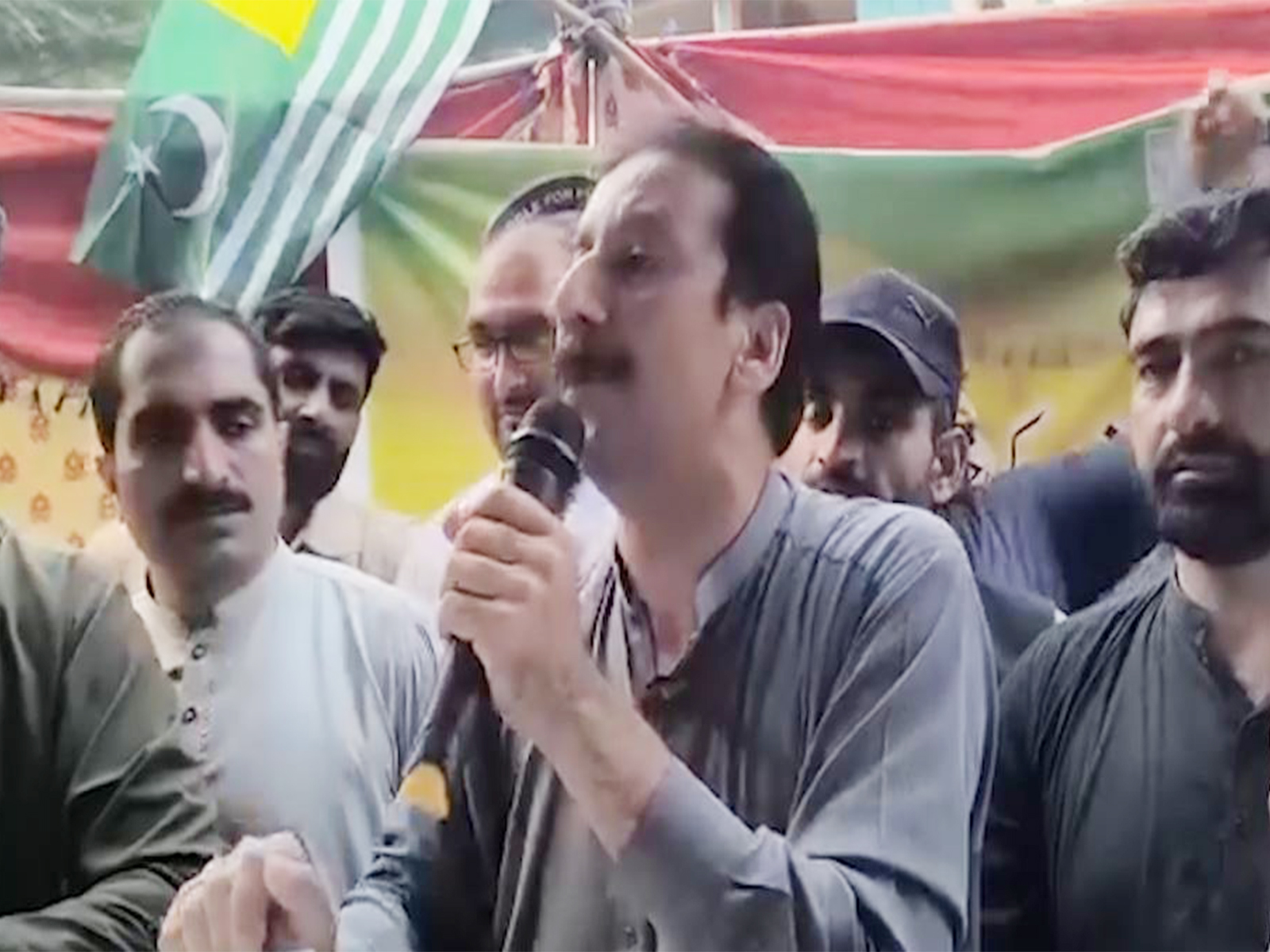Tensions Escalate in PoJK Amid Calls for Region-wide Shutdown
In Pakistan-occupied Jammu Kashmir, tensions increase as a region-wide shutdown is announced by the Public Action Committee, led by Shaukat Nawaz Mir, protesting government negligence. Despite the government's threat to use force, local lawyers and civil groups advocate addressing the public's demands to prevent further unrest.

- Country:
- PoJK
In a bold move that has heightened tensions in Pakistan-occupied Jammu Kashmir (PoJK), Shaukat Nawaz Mir of the Neelum Valley Public Action Committee has declared a complete shutdown across the region. This initiative aims to press for public demands and has sparked significant debate, particularly after the PoJK government's pledge to quell the movement with force if it advances.
Shaukat Nawaz Mir, representing the Public Action Committee, emphasized the people's long-standing grievances, citing government neglect, corruption, and deprivation of fundamental rights such as healthcare, education, infrastructure, and clean water. With resources squandered on political favors, the population's patience has worn thin. Alarmingly, the government's promise to use force against protesters has only exacerbated public outrage, with local lawyers rallying behind the Committee. They assert that the shutdown is a democratic right, urging authorities to tackle the underlying issues instead of resorting to suppression.
"Public demands must be met, not crushed," declared a senior lawyer in Muzaffarabad, expressing the legal community's solidarity with the protestors. As the region braces for the strike, which will potentially halt normal activities including commerce and transport, civil societies caution that a forceful government response could escalate tensions into wider unrest. Critics perceive the hardline approach as an attempt to silence opposition rather than addressing urgent challenges.
Public Action Committees in various districts are actively mobilizing citizens, raising demands for accountability, transparent fund utilization, and the eradication of corrupt practices in local governance. As attention centers on PoJK, the standoff between government authorities and citizens seems to be intensifying. Analysts suggest that the outcome of this shutdown could serve as a critical test for the political leadership's capability to peacefully manage dissent or risk plunging the region into a deeper crisis.
(With inputs from agencies.)
ALSO READ
High-Ranking Official Tang Renjian Sentenced in Major Corruption Crackdown
Operation 'Vanaraksha' Uncovers Forest Department Corruption in Kerala
Roise Avenue Court Acquits All in High-Profile Corruption Case
Orban's 'Versailles' Sparks Protests Amid Corruption Allegations
Deadly Consequences: Unrest and Accountability in Nepal's Anti-Corruption Protests










